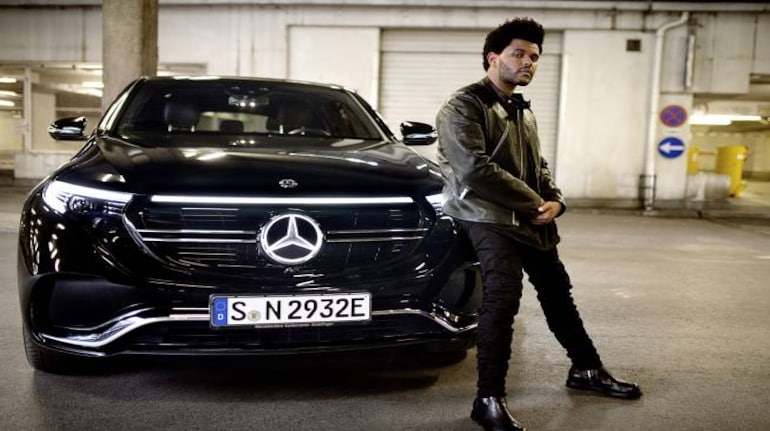



In 2020, two German luxury carmakers -- Mercedes and Audi -- will enter the electric vehicle market with an India launch each as the push for greener mobility gathers steam in the luxury segment.
Mercedes-Benz India, the country’s largest luxury car maker, will test the waters with a limited launch of a battery-powered vehicle in 2020. The maker of E Class and S Class has a number of zero emission electric vehicles (EV) in its global line-up, but due to lack of EV infrastructure development in India, the entry will be restricted to just one model.
“On the electric side it makes sense to test the waters there. We will certainly do something next year. We would like to see how things shape up from here. The global portfolio is building and has already been built up to a certain extent, so much so that we are comfortable to tweek it to local tastes,” said Martin Schwenk, Managing Director and CEO, Mercedes-Benz India, in an interview to Moneycontrol.
Schwenk was talking on the sideline of launching the GLC sport utility vehicle and the introduction of Mercedes-Benz User Experience (MBUX), a technology platform, on December 3.
Rival Audi has rescheduled the launch of the e-tron, the company’s first all-electric SUV, to 2020 from Q4 2019. The five-seater luxury SUV, which is powered by a 300kW (408ps) battery, has a drive range of nearly 250 km on a full charge and claimed a top speed of 200 km per hour. The e-tron is expected to cost over Rs 1 crore.
SAIC-owned MG Motors is set to unveil its first all-electric car ZS in India on December 5. Expected to be commercially launched in January, the ZS will have a near similar drive range of 400 km compared to the Hyundai Kona.
Mercedes was looking at hybrids to become a stop-gap solution for India before switching to electric vehicles. Swedish car brand Volvo became one of the first luxury car making companies to launch a hybrid in India with the introduction of the XC90.
BMW was the first among luxury brands to launch a hybrid car in India when it introduced the i8 in early 2015. However, following a poor response, the model, priced at Rs 2.3 crore, was pulled out of the market after offering discounts.
Despite being cleaner and more fuel-efficient than conventional petrol and diesel cars, hybrids are taxed in the same price band as regular large-sized sedans and SUV.
GST and cess on hybrids totals 43 percent, while the GST on electric vehicles has been brought down to five percent. This is the reason why not all carmakers are enthused for bringing out hybrid models.
“As for hybrids, from a user experience perspective, it is a better offering. But there is no framework out there because there are no benefits of any kind. We have to see how that will be developing,” Schwenk added.

Discover the latest Business News, Sensex, and Nifty updates. Obtain Personal Finance insights, tax queries, and expert opinions on Moneycontrol or download the Moneycontrol App to stay updated!
Find the best of Al News in one place, specially curated for you every weekend.
Stay on top of the latest tech trends and biggest startup news.